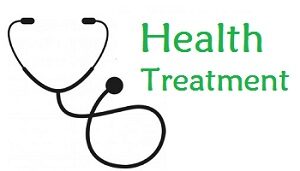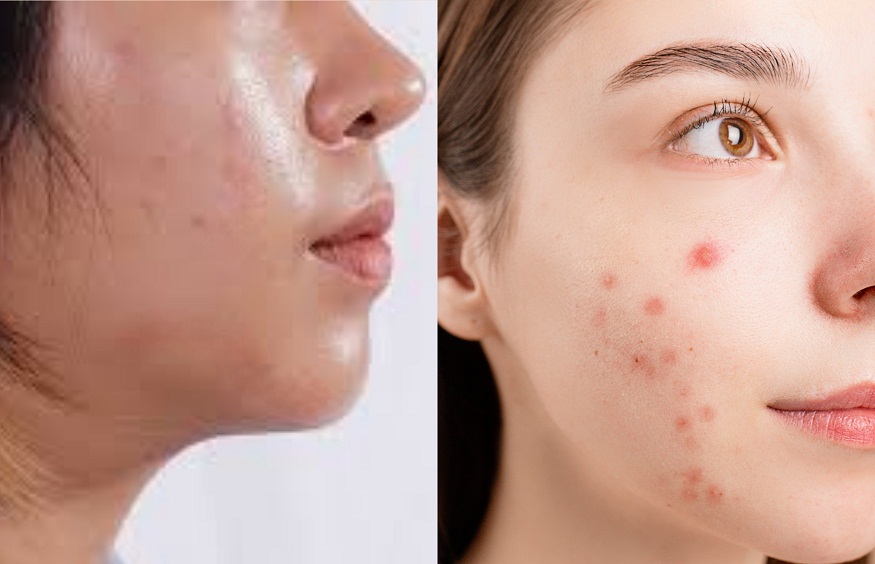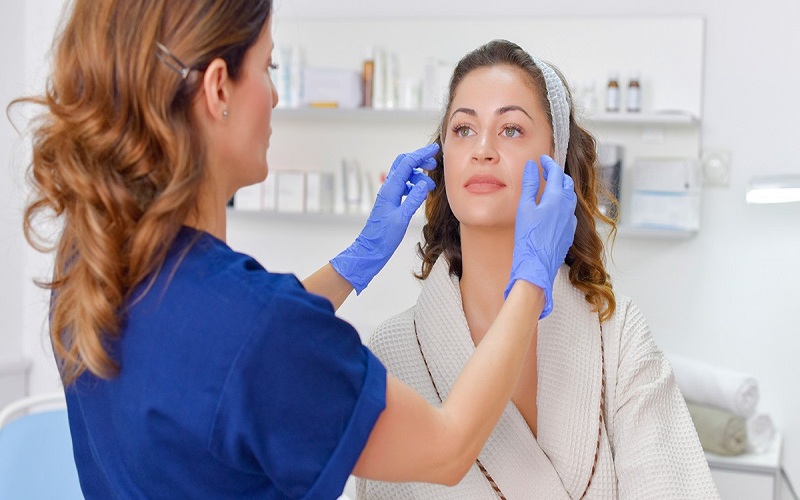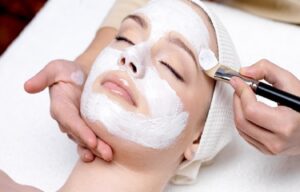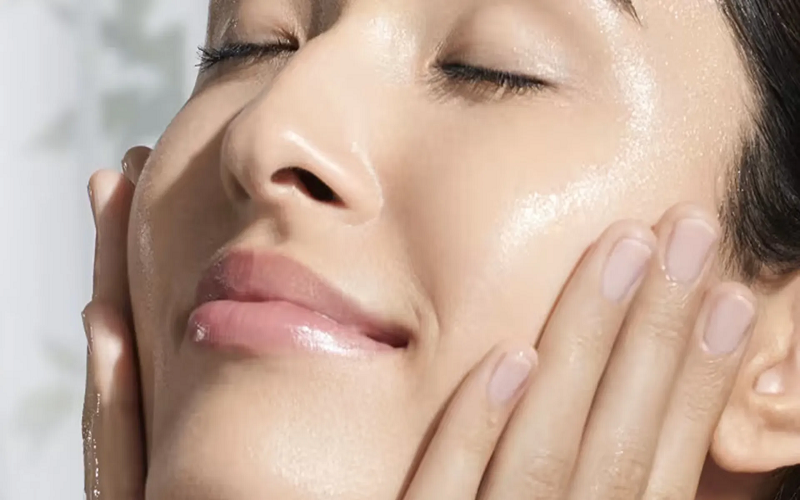Acne-prone skin can be challenging to treat, but with the appropriate technique, you can attain a clearer and healthier complexion. Whether you have sporadic breakouts or severe acne, these expert recommendations will help you manage your skin more successfully. Acne facial treatments in Singapore can also help keep the skin clear.
Understanding Acne-prone Skin
Acne-prone skin has a higher risk of developing comedones (black and whiteheads), pimples, and other acne lesions. Excessive oil production, clogged pores, germs, and irritation frequently cause this condition. Hormonal changes, stress, and certain dietary choices can all contribute to acne. Recognising and addressing these variables with a personalised skincare routine is critical for maintaining acne-prone skin.
Cleansing and Exfoliation
Proper washing is the cornerstone of every skincare regimen, particularly for acne-prone skin. It is critical to use a gentle cleanser that removes debris, oil, and makeup without removing the skin’s natural hydration. Overcleaning or using vital treatments can irritate the skin and worsen acne. For people residing in Singapore, where the humid atmosphere can cause excessive oil production, washing twice daily is often advised.
Exfoliation can eliminate dead skin cells, which can clog pores and cause outbreaks. Physical exfoliants that require scrubbing should be used cautiously to avoid harming the skin.
Hydration and Moisturisation
Maintaining hydration is essential for controlling acne-prone skin. Dehydrated skin may create extra oil to compensate for the lack of moisture, resulting in more breakouts. A lightweight, noncomedogenic moisturiser keeps the skin balanced and hydrated without clogging the pores. In Singapore, where the weather is often humid, gel- or water-based moisturisers can be very effective.
Targeted Treatments
Including tailored treatments in your skincare routine can help address specific acne issues. Products containing benzoyl peroxide, retinoids, or tea tree oil can reduce acne lesions and prevent future breakouts. These treatments should be used strictly as advised to avoid overdrying or irritating the skin.
Sun Protection
Everyone should protect their skin from the sun, but individuals with acne-prone skin should take extra precautions. Sun exposure can aggravate acne and cause post-inflammatory hyperpigmentation, which are dark areas that appear after a pimple has healed. A broad-spectrum sunscreen with at least SPF 30 protects the skin from damaging UV rays. Choosing a non-comedogenic sunscreen guarantees it does not clog pores or cause outbreaks.
Lifestyle and Dietary Considerations
Managing acne-prone skin also necessitates lifestyle and dietary changes. Reduced stress, enough sleep, and a well-balanced diet can all benefit your skin. Foods heavy in sugar and dairy have been linked to acne in certain people, so monitoring your diet and making appropriate modifications can help. Drinking enough water and eating antioxidant-rich meals can help improve general skin health.
Conclusion
Acne-prone skin necessitates a multifaceted approach that includes thorough cleansing, hydration, specialised treatments, and sunscreen. Incorporating an acne facial treatment in Singapore can help to support and maintain clear, healthy skin. Understanding the unique demands of acne-prone skin and following this professional advice will help you attain a more balanced and beautiful complexion. Remember that consistency and patience are extremely critical for long-term changes in your skin’s condition.
